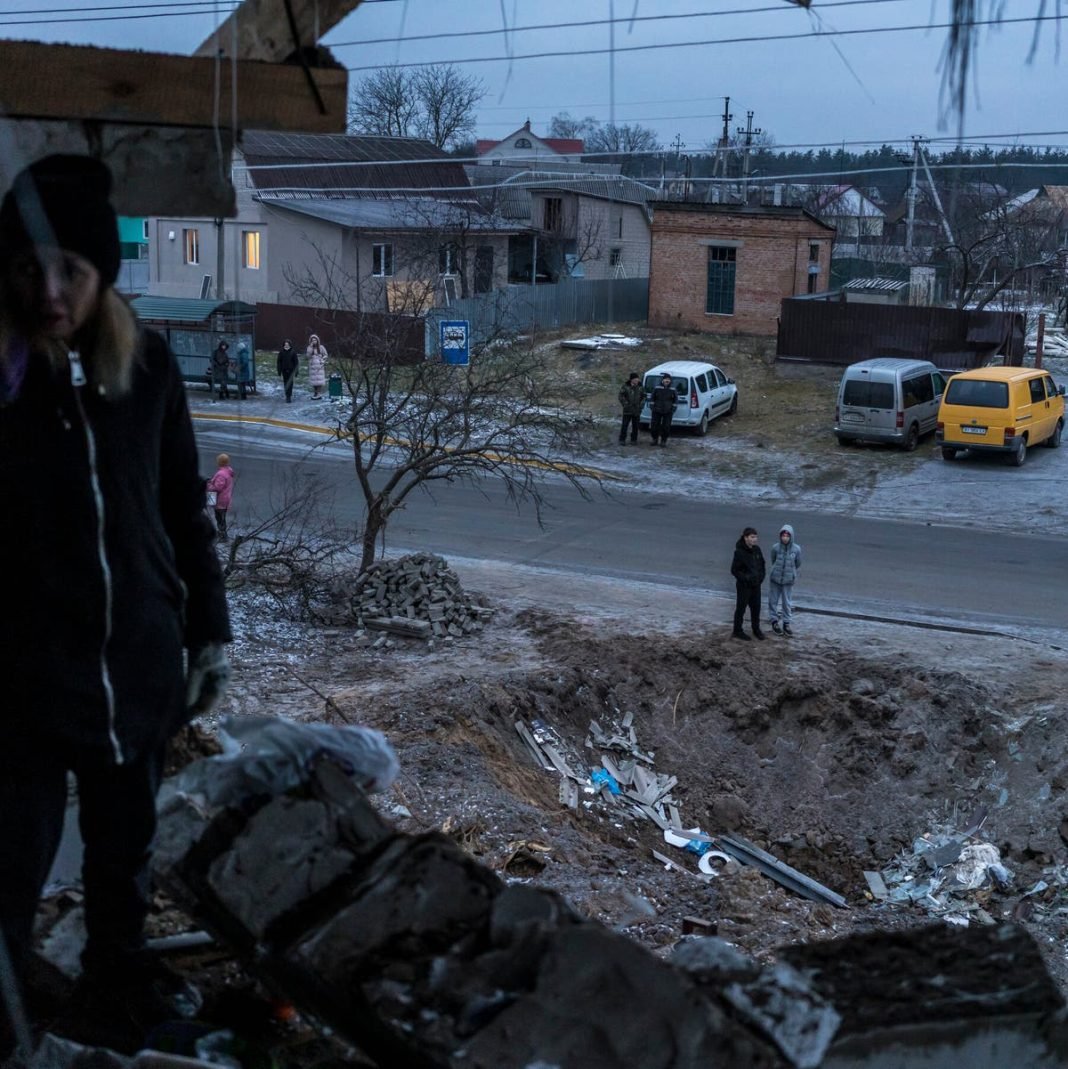Geneva, 7 February 2023 (TDI): The Under-Secretary-General for Humanitarian Affairs and Emergency Relief Coordinator at the United Nations (UN), Martin Griffiths, warned the Security Council that efforts must be made to improve aid service delivery in war-trodden Ukraine.
About 18 million people in Ukraine need assistance since Russia’s invasion last year. “On the eve of the horrific one-year milestone, we have a lot to do and we can do better,” said Martin Griffiths.
Tragedy Continues
Griffiths said that the tragedy continued to unfold, there is death, destruction, displacement, and deprivation caused by the war. People are suffering from psychological trauma.
40 percent of Ukraine’s population needs assistance, against a backdrop of more than 7,000 civilian deaths and widespread devastation.
Infrastructure completely destroyed including homes, schools, and hospitals, and entire cities were heavily damaged. The violence is not abating and stopping creating more crises.
Remarkable Drive for Survival
The communities are completely cut off from electricity and essential supplies, but a remarkable drive for survival is also witnessed.
He referred to the survival of women with the help of the World Food Programme (WFP), producing thousands of loaves daily. This is generating economic activity in the area.
The people of Ukraine are facing colossal challenges such as sexual violence, trafficking, damage to infrastructure, hunger, poverty, and unemployment. Nevertheless, the people of Ukraine showed courage and resilience.
UN Assistance
UN provided assistance to 15.8 million people including 1.3 million outside the Ukrainian Government’s control. Inter-agency convoys provided comprehensive packages of support with a wealth of partners to send supplies from winter coats to building materials.
The relief operations extended exponentially last year and delivered aid to villages near the front line in rural parts of Donetsk, Zaporizhzhya, Kherson, and Kharkiv oblasts.
More than 650 humanitarian organizations are operating across all Ukrainian oblasts. But there is a need to reach more people, in order to stop catastrophe and suffering.
The war created profound global implications on global food and energy prices, trade and supply chains, and questions of nuclear safety.
UN and agencies are making huge progress with Black Sea Grain Initiative, also pressing Russia for more exports of food and fertilizer to address global food security.
However, despite repeated attempts, convoys from north to south have not materialized, he said, emphasizing that humanitarian access to areas under Russia’s temporary military control become increasingly unpredictable and impeded.
Moreover, he reminded all parties in Ukraine to take constant care to spare civilians and related objects and ensure the passage of aid deliveries.
The 2023 humanitarian response plan that would launch in Geneva requires $3.9 billion to bring assistance to more than 11 million people.
Iqra is a research scholar. She writes on various platforms. She is the author of two books. Her research interest includes politics, International relations, diplomacy, peace, and conflict studies, public administration, sociology and history.








